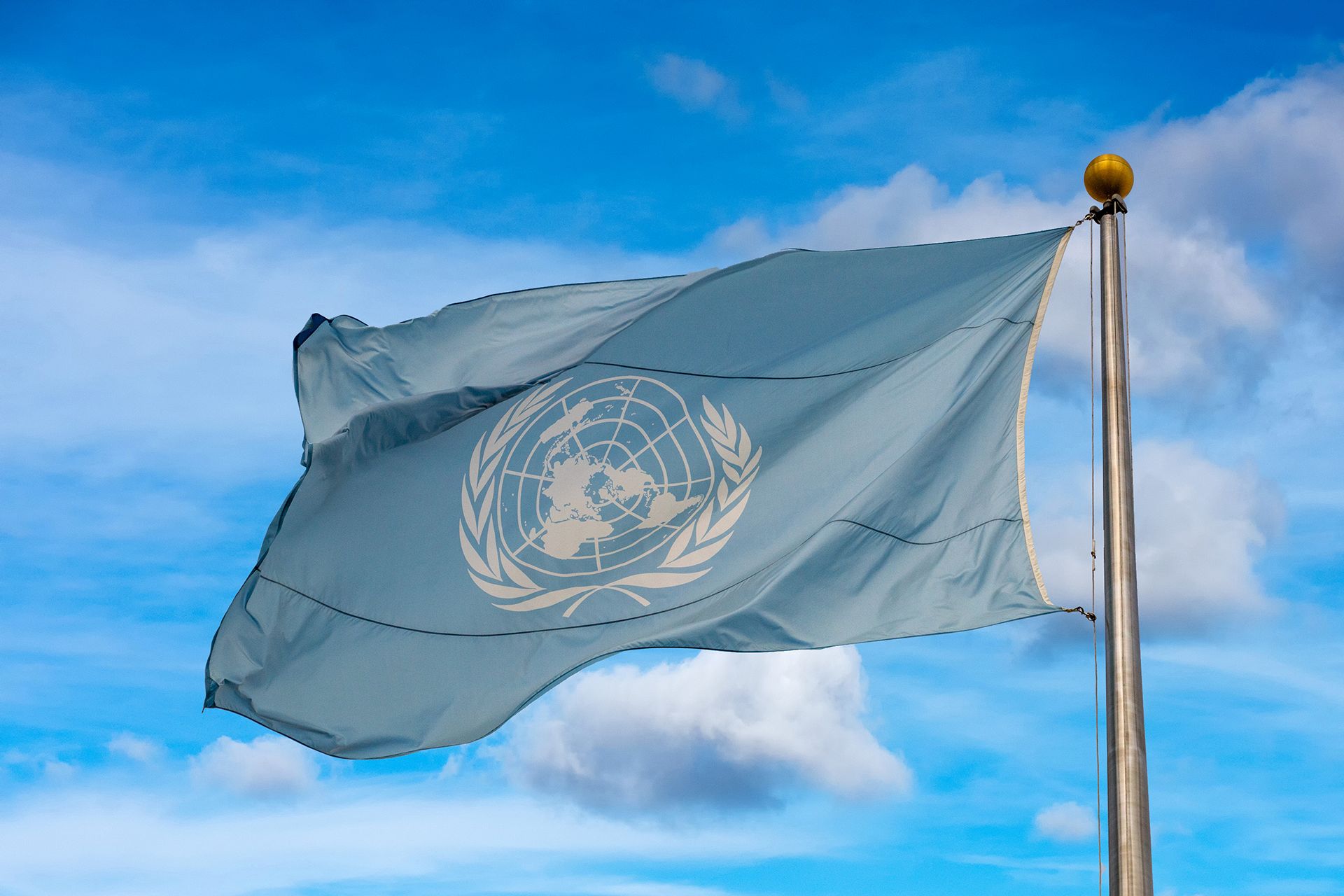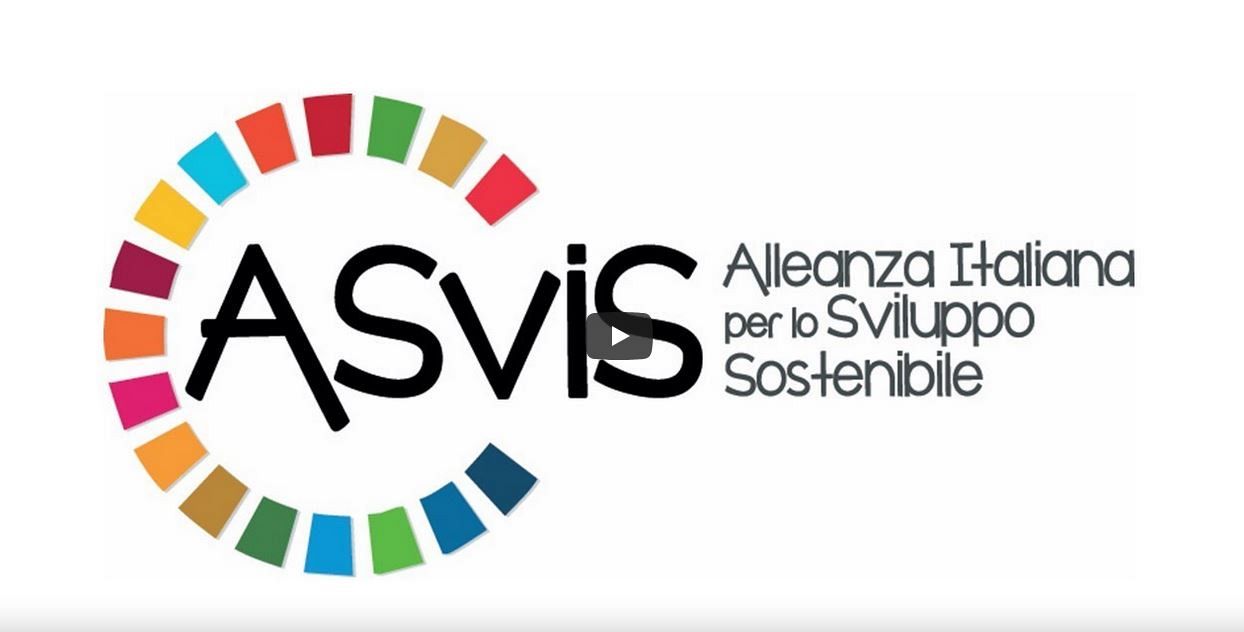Activities and Partnerships
Institutional dialogue
ASviS contributes to important Italian activies at international level.
- It has collaborated with the Italian Presidency of the 2021 G20, and was involved in the work of various Engagement groups.
- It's partner of the Italian Pavilion at Expo 2020 Dubai, entirely dedicated to sustainability.
- In 2019, it represented Italian civil society for the Oecd Dac Peer Review.
- In 2017, the Alliance represented Italian civil society at the High-Level Political Forum on sustainable development (Hlpf) with the Italian delegation to present the Voluntary national review (Vnr). During the Hlpf 2019, it also presented a research in collaboration with Ituc on Goal 8.
Furthermore, ASviS collaborates with national, regional and local institutions for projects on the themes of sustainability and in particular:
- ASviS is a member of the Advisory Board of Benessere Italia, a working group that, in the Office of the Prime Minister, has the task of coordinating the Government’s actions according to sustainable development;
- the Alliance is a member of the Working Group on the 2030 Agenda in the National Council for Cooperation and Development of the Italian Ministry for Foreign Affairs, and of the Observatory on Sustainable Finance of the Italian Ministry for the Environment;
- the Italian Ministry for Education and ASviS have an ongoing memorandum of understanding with the objective to favour the diffusion of a culture of sustainability in the education system;
- the main business associations of Italy have signed in 2017 with ASviS the “Patto di Milano”, to promote sustainable business models. Their commitment was renewed in 2018 and 2019, with the publication of a document outlining their requests to national institutions;
- ASviS regularly participates in Parliamentary hearings on sustainable development;
- the Alliance was invited by the President of the Republic to illustrate its activities and achievements, together with the situation of Italy compared to the SDGs.
A number of policy proposals supported by the Alliance have been implemented:
- the Government drafted the National Sustainable Development Strategy, to guide Italy’s path towards sustainability;
- the Regions were mandated to produce their own Sustainable Development Strategies;
- the BES/SDG indicators have been introduced as a monitoring tool in the State budget planning cycle;
- a parliamentary intergroup on sustainable development was constituted;
- the new Italian government considered some of ASviS’ main policy proposals (e.g. the addition of the principle of sustainable development in the Italian Constitution).





